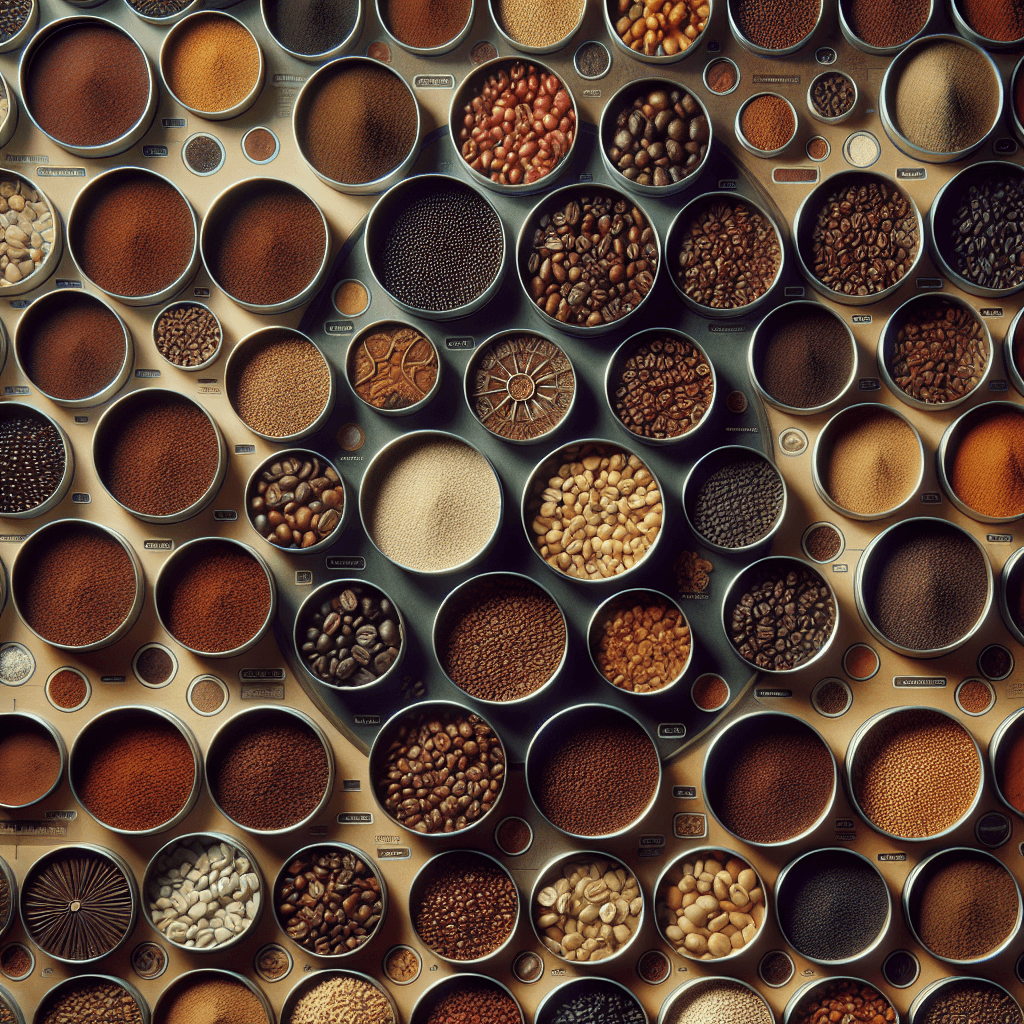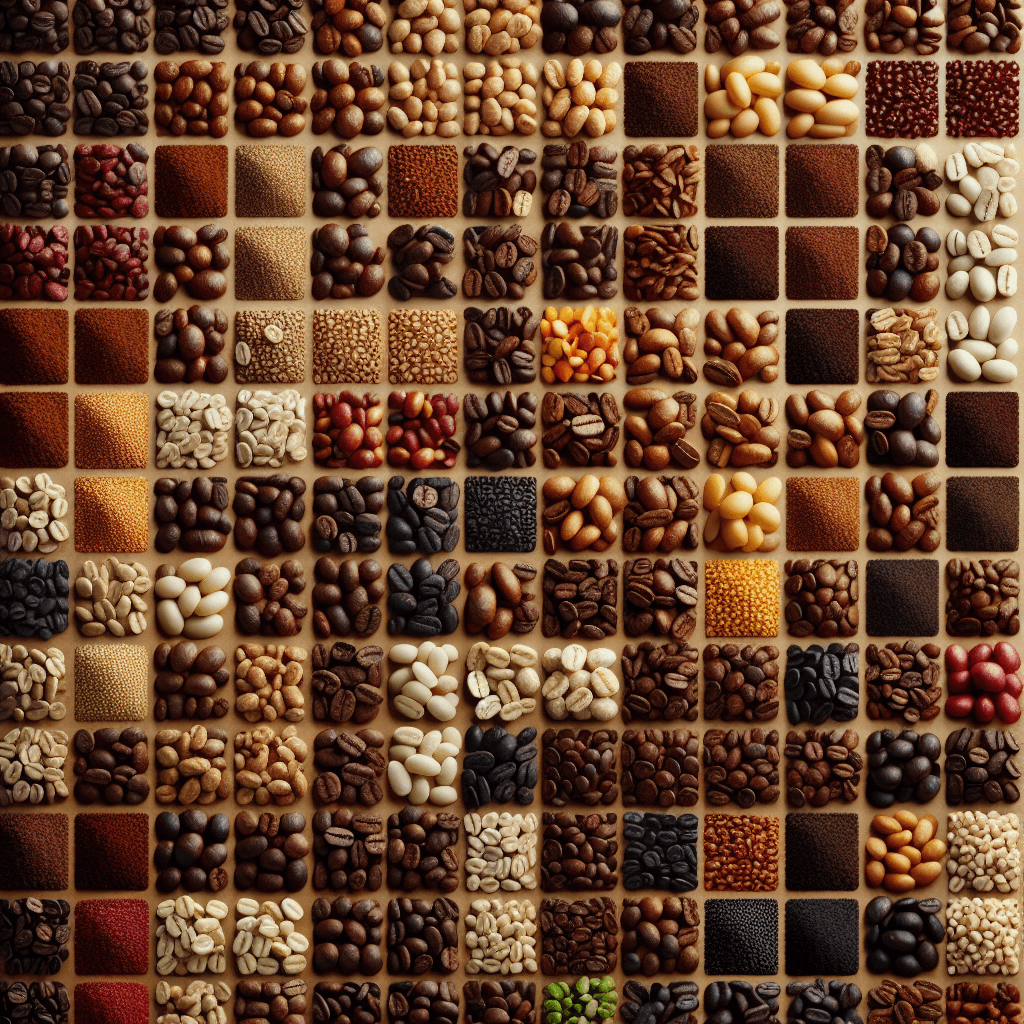Is Single Origin Coffee Good For Espresso
Is Single Origin Coffee Good for Espresso?
For coffee enthusiasts, the best cup of joe is usually a journey of trial, tasting, and discovery. One subject that anticipates diverse opinions is whether single origin coffee is suitable for espresso. Offering a unique taste profile and representing distinct geographical areas, single origin coffees are often preferred by those seeking an authentic, vibrant flavor experience. However, their use in espresso can sometimes be contentious. Let's dive into why.
What is Single Origin Coffee?
Single origin coffee is exactly what it sounds like. It's coffee fully sourced from a single location, which can be a specific country, region, or estate. The unique characteristics of each location, such as soil, climate, and altitude, contribute to a distinct flavor profile in the beans. This unique flavor is preserved all the way from the farm to your cup, offering a purity that many coffee lovers passionately seek.
The Single Origin Espresso Debate
The debate around using single origin coffee for espresso revolves around its strong, distinct flavor. Espressos typically have a robust, rich, and complex profile, achieved by mixing beans from multiple locations (called 'blends'). Single origin coffees, due to their authenticity, may provide a flavour that is too harsh or too flat when served as an espresso.
Why Single Origin Coffee might be your cup of Joe!
While some argue that single origin coffee isn't ideal for espresso, others completely disagree. The uniqueness of single origin coffee can lead to an espresso shot that is vivid, daring, and potentially surprising. For adventurous palettes, single origin espressos offer a chance to taste the diversity of coffee - from the rich earthiness of Indonesian beans to the fruity brightness of Ethiopian varieties.
Unlocking the Full Flavour of Single Origin Espresso
Lastly, brewing single origin coffee as espresso requires skill and experience. Understanding the particular origin's flavour profile and adjusting the brew methods accordingly can unlock a taste experience you might not get with traditional blends. For example, changing the grind size, altering the water temperature, or tweaking the extraction time can help mitigate any 'sharpness' or 'flatness' that may turn off some coffee drinkers.
Daily Grind Tip: When making your espresso, remember that the freshness of your coffee beans impacts the taste greatly. Therefore, opt for fresh roasted beans over those that have been on the shelf for months. Grinding your beans just before brewing also goes a long way in ensuring you get that full-bodied, aromatic cup every single time.
In conclusion, whether single origin coffee is good for espresso comes down to your preference. If you're open to uncharted taste experiences and creating your distinctive brew techniques, then "espresso" your love for coffee with a shot of single origin!
Remember, "Life is like a cup of coffee, it's all in how you make it or take it!" So, don't be afraid to mix things up, explore different beans and brewing methods. Who knows, your best cup of coffee could just a roast away! So keep grinding and sipping!









